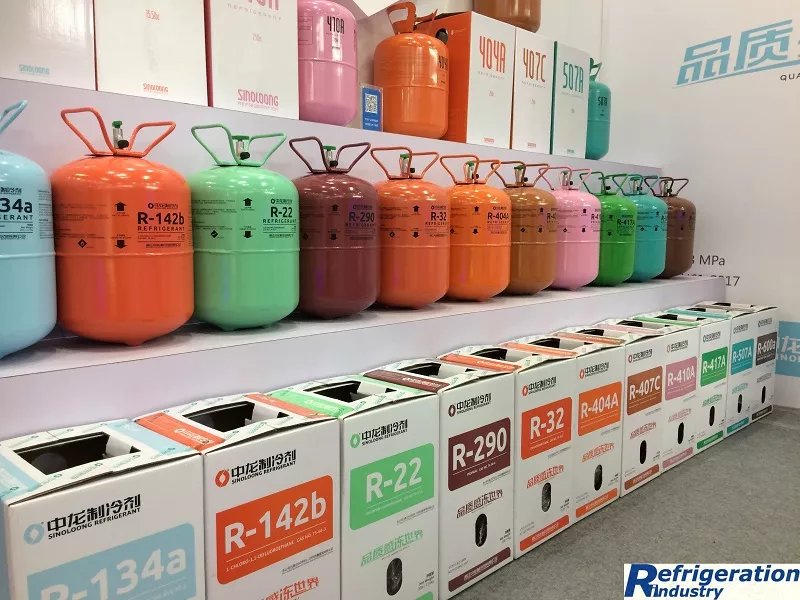HARDI and AHRI Challenge New York HFC Rule in State Court
Industry groups cite procedural flaws and conflict with federal AIM Act.
Heating, Air-conditioning & Refrigeration Distributors International (HARDI) and the Air-Conditioning, Heating, and Refrigeration Institute (AHRI) have jointly filed a lawsuit against the New York State Department of Environmental Conservation (NYSDEC), contesting the amended 6 NYCRR Part 494 regulation on hydrofluorocarbon (HFC) refrigerants.
The revised regulation, which took effect earlier this year, expands restrictions on the sale, use, and installation of products containing HFCs across air conditioning, refrigeration, heat pumps, and water heating equipment. The plaintiffs argue that the rule imposes burdensome restrictions beyond federal requirements and was adopted without compliance with the Climate Leadership and Community Protection Act (CLCPA) and required administrative procedures.
According to the legal complaint filed in the New York State Supreme Court, the amended rule conflicts with the federal phasedown schedule for HFCs established under the American Innovation and Manufacturing (AIM) Act, which is administered by the U.S. Environmental Protection Agency (EPA). The lawsuit also claims that the NYSDEC failed to conduct a proper economic impact analysis or engage stakeholders in accordance with state law.
“Our members are committed to reducing the environmental impact of refrigerants,” said Talbot Gee, CEO of HARDI. “However, the amended Part 494 rules are overly aggressive, lack clarity, and put unnecessary strain on businesses that are already working to comply with federal HFC phasedown requirements under the AIM Act.”
AHRI, which represents HVACR and water heating manufacturers, emphasized that its members had proactively invested in alternative refrigerant technologies ahead of the state’s rule. “New York’s regulations introduce additional costs and complexity into an ongoing transition and risk undermining the climate benefits already being achieved through these advancements,” said Stephen Yurek, President and CEO of AHRI.
The two trade associations are requesting the court to invalidate the amended portions of Part 494 and suspend enforcement until the rulemaking process is revised to include stakeholder input and alignment with EPA timelines.
